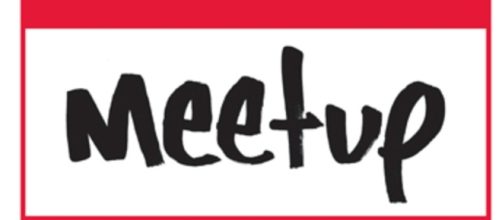A networking site called Meetup has offered a way to organize protest groups. With some growing popularity, their plan of coordinating, which have even included allowing protest groups on the site without having to pay a fee have been controversial. The plans, however, are only reflecting one Tech Company out of many that has protested the current administration.
What do we know so far about Meetup’s plans?
The networking site, which is based in New York, has recently announced upcoming plans to partner with a labor group to help coordinate protests among more than 120,000 activists.
The merger is said to involve a former Hillary Clinton aide, Jess Morales Rocketto.
Company CEO Scott Heiferman said in a statement with The Associated Press that the new arrangement will be known as #Resist, and he is reportedly using his company to protest Trump's push for immigration blocks in several countries. Saying that a "line" had been crossed, Heiferman claimed that there was "a civic duty not to be quiet."
Last month, the company even hosted a “#Resist-a-thon” that allowed 1,000 new groups to advertise on the Meetup website without having to pay a $15 standard fee.
That said, the company claims that it ultimately has a nonpartisan stance on politics, and said that groups who support Trump and the current administration are permitted to used the website.
However, some who support Trump still oppose the actions made by the #Resist endeavor. One such person has been identified as Maria Lozinsky, who ended groups she made on the website in protest. In a statement, she said the action was "sickening," and while they had the right to reflect their political views in their behavior, she also had the "right to leave." According to reports, White House officials have also not responded directly to the company’s actions as of yet.
Meetup is part of the picture, with other technology companies against Trump
Earlier this month, around forty technology companies met privately in New York City to brainstorm other ways to halt Trump's policies, which not only include the aforementioned immigration block, but also other proposals, like arts funding.
In addition, there was concern in the meeting over issues that affect tech companies directly, such as net neutrality and encryption.
Kickstarter and Meetup were also among 58 tech companies that signed a friend-of-the-court brief this past Tuesday that had reportedly alleged that a revised immigration plan would harm employees and customers. A previous court brief had been signed last month to protest regulations over school bathrooms, concerning transgender students, being rescinded under the Trump administration, which included Twitter and Yelp.

